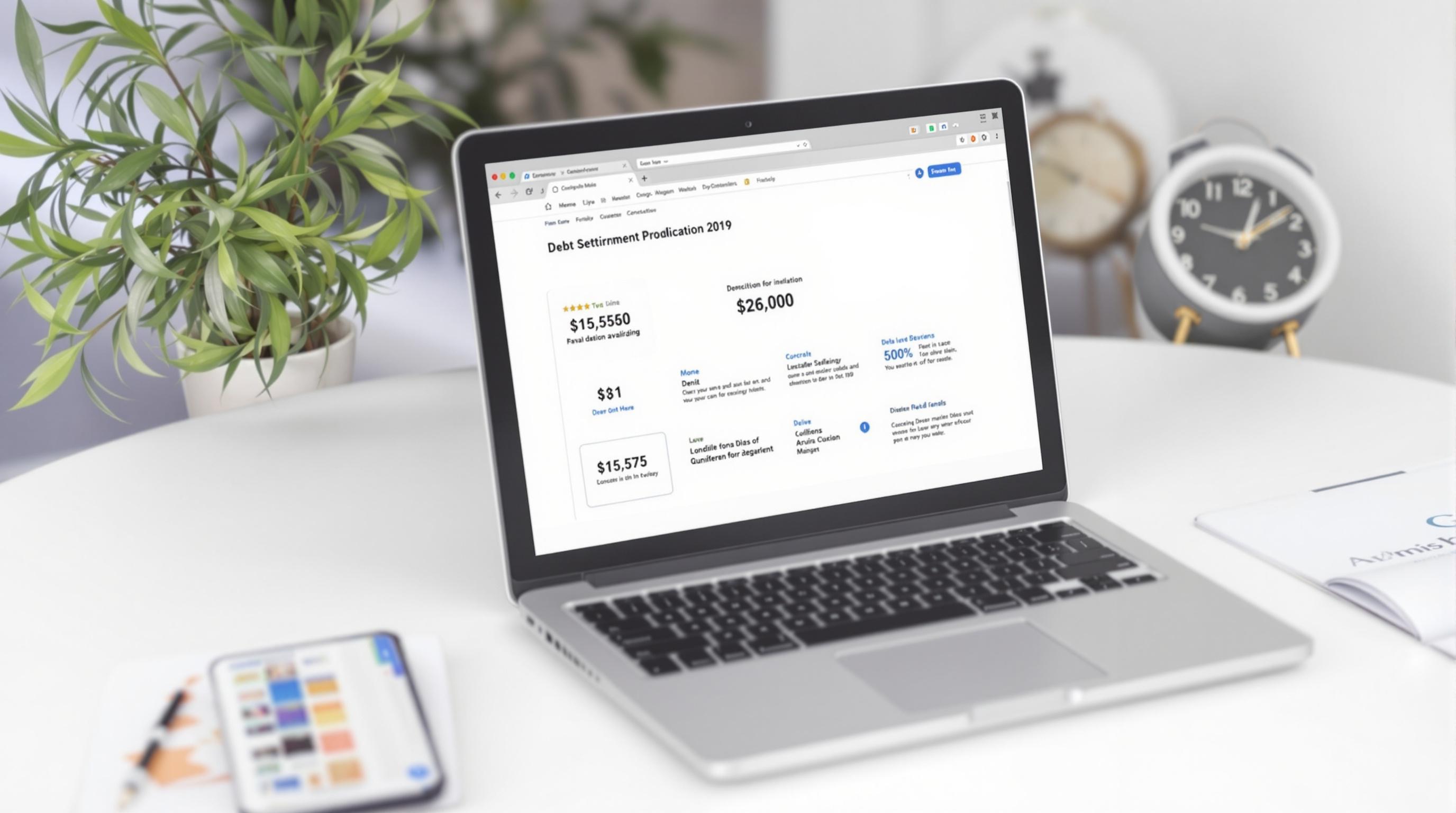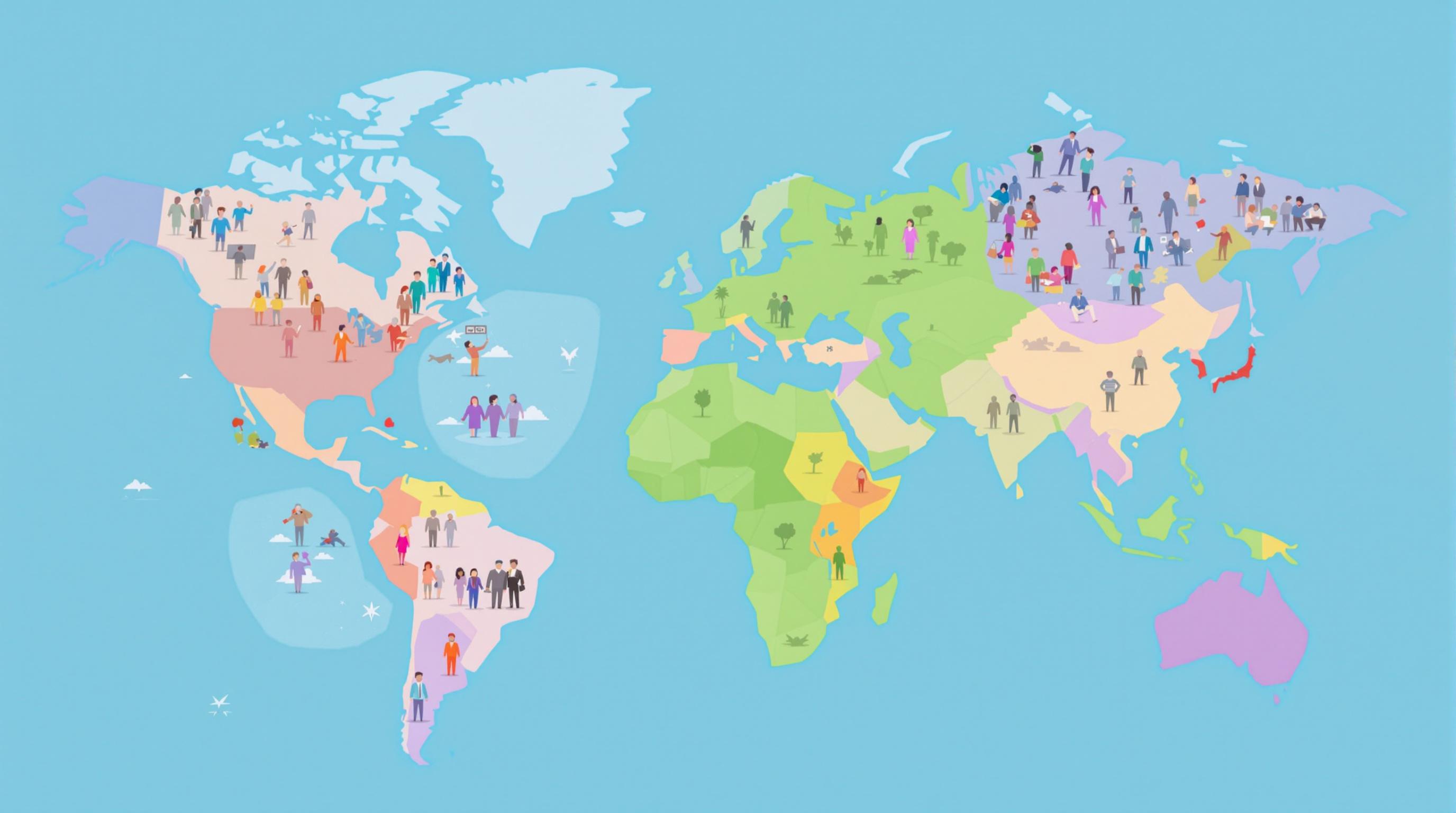Related Articles
- When Creditors Turn Aggressive: Navigating the Legal Gray Zones of Unconventional Debt Collection Practices
- Top 7 Innovative Credit Tracking Apps From the Past Five Years That Are Redefining Financial Control
- How Shifting Debt Across Cards Influences Consumer Behavior Patterns Few Analysts Ever Consider
- Top 5 Lesser-Known Debt Management Apps From the Last 5 Years That Actually Outperform Classic Snowball Methods
- Unlocking the Quiet Power of Micro-Investments in Alternative Assets to Shift Your Financial Reputation Gradually
- 7 Revolutionary Secured Loan Solutions Debuting Since 2019 That Tackle Risk Differently and Boost Borrower Confidence
Top 8 Cutting-Edge Debt Settlement Solutions Launched Since 2019 to Maximize Your Savings
Top 8 Cutting-Edge Debt Settlement Solutions Launched Since 2019 to Maximize Your Savings
Top 8 Cutting-Edge Debt Settlement Solutions Launched Since 2019 to Maximize Your Savings
1. AI-Powered Negotiation Platforms
In recent years, artificial intelligence has reshaped many industries, and debt settlement is no exception. AI-powered negotiation platforms launched since 2019 employ sophisticated algorithms to analyze a debtor's financial situation and suggest optimal negotiation strategies.
These solutions automate communication with creditors, streamlining the settlement process, reducing human error, and often achieving better settlement rates. They adapt dynamically to creditor responses to maximize savings for users.
According to a 2021 report from FinTech Insights, AI negotiation tools have increased average debt reductions by up to 25% compared to traditional methods, making them a promising option for debtors.
2. Blockchain-Based Debt Management Systems
Blockchain technology has introduced greater transparency and security to debt management since 2019. These systems store debt agreements and transaction records on immutable ledgers, reducing disputes and fraud.
One key advantage is automating settlement payments via smart contracts, releasing funds only when predetermined terms are met. This increases trust between debtors and creditors and incentivizes timely payments.
A study by the Journal of Financial Technology in 2022 highlighted that blockchain-enabled debt platforms reduced settlement processing time by 40%, benefiting both parties involved.
3. Personalized Debt Relief Apps
Personalized apps launched since 2019 now make debt settlement accessible on mobile devices, tailoring advice to individual financial profiles. These apps integrate credit monitoring, budgeting tools, and direct negotiation channels.
By consolidating all debt-related activities, users receive customized strategies that consider their income, expenses, and credit reports. This personalization helps maximize settlement amounts and minimizes unnecessary payments.
Consumer surveys reported by DebtHelp Magazine in 2023 show that users of personalized debt relief apps saved an average of 18% more than those using generic programs.
4. Collaborative Settlement Marketplaces
Collaborative debt marketplaces, launched recently, connect debtors with multiple creditors and settlement firms. This ecosystem facilitates transparent bidding and negotiation, encouraging competitive settlement offers.
By enabling multiple creditors to interact within a single platform, debtors can compare settlement proposals and choose the most favorable terms, increasing potential savings.
Research in the Financial Innovations Journal (2021) found that debtors using such marketplaces obtained settlements 15% lower on average compared to direct creditor negotiations.
5. Subscription-Based Financial Counseling Services
Since 2019, subscription models for debt settlement advice have gained popularity. For a fixed monthly fee, users access expert counseling, settlement negotiation assistance, and progress tracking.
This continuous support model contrasts with one-time fee services, allowing users to adapt their strategy as their financial situation evolves, potentially yielding higher settlements.
According to Consumer Reports (2022), subscribers to these services reported increased confidence and realized more substantial debt reductions over extended periods.
6. Integration of Credit Score Improvement Tools
Modern debt settlement solutions now integrate credit score improvement functionalities directly into their platforms. Since 2019, these tools provide actionable insights to boost creditworthiness concurrently with settling debts.
This dual approach not only addresses outstanding debt but also helps restore financial health, enabling better loan and credit terms post-settlement.
A 2023 study in Credit Management Quarterly found that users who combined settlement and credit improvement programs saw a 30% faster recovery in credit scores compared to debtors who settled debts alone.
7. Automated Debt Portfolio Analysis
Innovations since 2019 include software that automatically analyzes a debtor’s entire debt portfolio to prioritize settlements and repayments for maximum savings. These tools consider interest rates, creditor leniency, and payment history.
The automated analysis recommends the sequencing of settlements to minimize cumulative interest and improve settlement negotiations with creditors most willing to reduce balances.
Experts from the Debt Efficiency Lab report that automated portfolio analysis can increase overall savings by up to 20% compared to manual assessment methods.
8. Hybrid Legal-Tech Settlement Services
Hybrid platforms combining legal expertise with technology have appeared since 2019 to assist debtors under complex settlements or bankruptcy considerations. These services provide document automation and expert negotiation.
By leveraging technology for routine tasks and lawyers for nuanced situations, these solutions reduce costs and increase settlement success rates.
The American Bar Association noted in 2022 that such hybrid models improved client satisfaction and typically reduced settlement durations by 25%.
9. Socially Responsible Lending and Settlement Partnerships
New partnerships since 2019 between nonprofits, social enterprises, and lenders focus on ethical debt settlement options. These programs aim to balance creditor recovery with debtor relief, emphasizing fair treatment.
Programs under this model often provide counseling, reduced settlements, and financial education, ensuring sustainable debt management post-settlement.
Impact assessments reported by the Social Finance Review in 2023 demonstrated that participants in socially responsible settlement programs had higher long-term financial stability.
10. Embedded Financial Wellness Programs in Employers’ Benefits
Employers increasingly offer embedded financial wellness solutions that include debt settlement options as part of employee benefits since 2019. These programs promote financial health alongside professional wellbeing.
By providing easy access to settlement resources and counseling at work, employees are more empowered to tackle debts early and reduce financial stress.
A 2022 workforce study by the Employee Financial Wellness Institute found that employees participating in employer-sponsored financial programs improved their debt repayment rates and overall savings.




